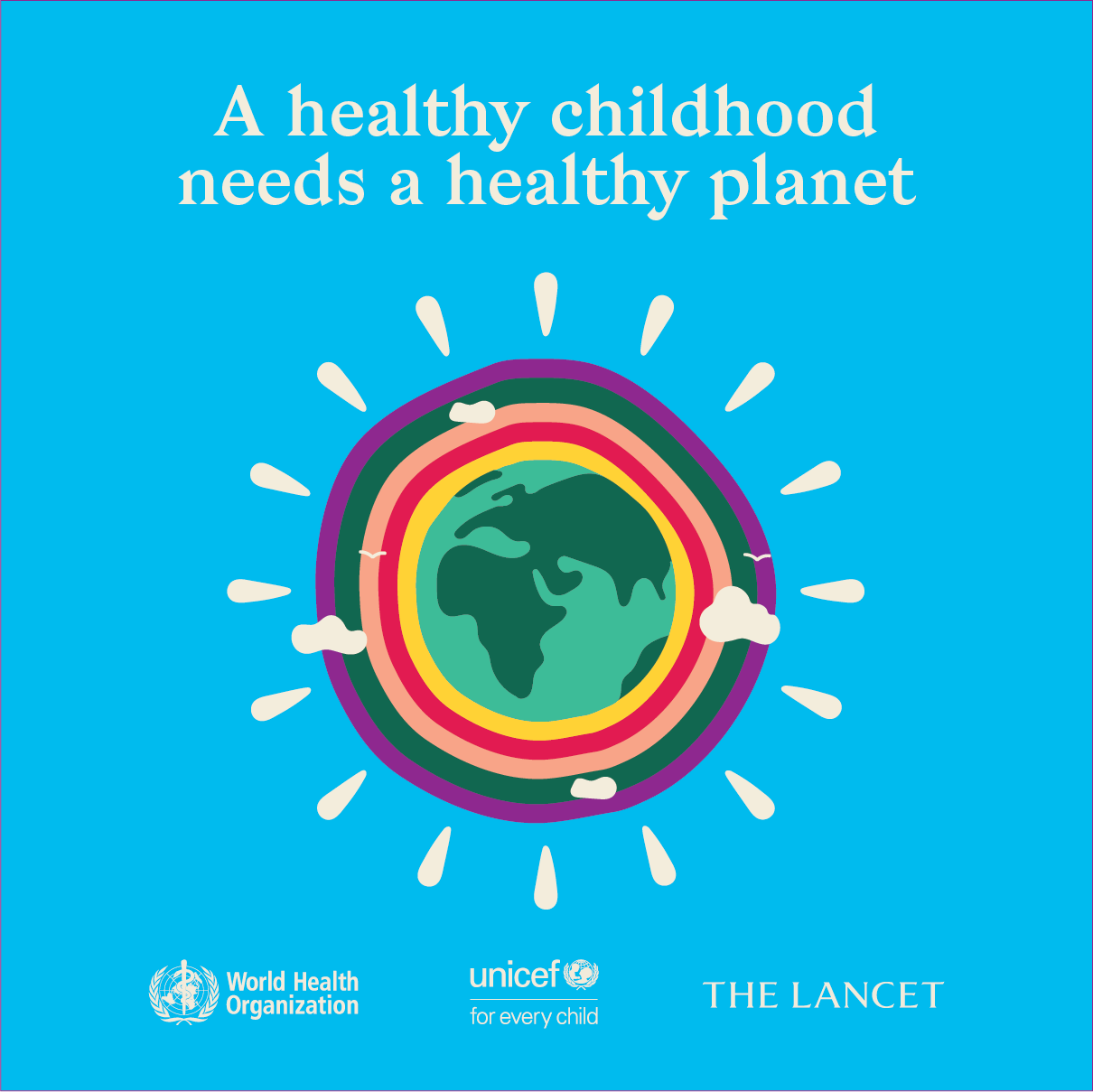A Commission convened by the World Health Organization (WHO), UNICEF, and The Lancet of over 40 child and adolescent health experts released a report, A Future for the World’s Children?, which finds that no single country is adequately protecting children’s health, their environment, and their futures. Globally, the health and future of every child and adolescent is under immediate threat from ecological degradation, climate change and predatory marketing practices that promote heavily processed fast food, sugary drinks, alcohol, and tobacco to children.
Sri Lanka is one of only nine countries that is on track to beat CO2 emission per capita targets by 2030, while also performing fairly (within the top 70) on child flourishing measures. According to the report, while the poorest countries need to do more to support their children’s ability to live healthy lives, excessive carbon emissions, disproportionately from wealthier countries, threaten the future of all children.
Sri Lanka ranks 68 out of 180 countries in the new global child flourishing index. This measure is composed from three components. Sri Lanka ranks adequately in the flourishing index (constructed using SDG indicators for wellbeing and human flourishing) and high in the surviving index (using measures such as maternal survival, basic sanitation, and lack of extreme poverty); however, there is room for improvement in the thriving index (using measures such as educational achievement, growth and nutrition, reproductive freedom, and protection from violence). An interactive index can be found here and videos and resources here.
Sri Lanka’s ranking highlights the substantial progress made in advancing child and maternal survival including greater access to health services and a drastic reduction of mortality rates for children under 5, while also achieving almost universal primary school attendance for boys and girls across the country.

However, the report also highlights the distinct threat posed to children from harmful marketing. In Sri Lanka, of all food and beverage related advertisements, 78% were child-focused, and of these 74% claimed health benefits, many of which were unsupported. Children’s exposure to commercial marketing of junk food and sugary beverages is associated with the purchase of unhealthy foods and overweight and obesity, linking predatory marketing to the alarming rise in childhood obesity. The number of obese children and adolescents increased from 11 million in 1975 to 124 million in 2016 – an 11-fold increase, with dire individual and societal costs.
Dr Razia Pendse, WHO Representative to Sri Lanka noted that “Sri Lanka has made significant advances in child health over the past few decades and should be proud of the progress gained; however, as this report highlights, continued efforts are needed to secure a bright future for our youngest citizens. Investing in the health and development of children and adolescents bring benefits that last throughout the lifespan and across generations. Given the fact that a third of Sri Lankans are under 19 years old, prioritizing youth-focused programming is essential. WHO will continue to work with the national program and key stakeholders to translate evidence including those highlighted in this report, into policy and practice that will further strengthen the Government’s resolve to invest in our children for a secure future.”
To protect children, the independent Commission authors call for a new global movement driven by and for children. Specific recommendations include:
1. Stop CO2 emissions with the utmost urgency, to ensure children have a future on this planet;
2. Place children and adolescents at the centre of our efforts to achieve sustainable development;
3. Incorporate children’s voices into policy decisions;
4. Tighten national regulation of harmful commercial marketing, supported by a new Optional Protocol to the UN Convention on the Rights of the Child.
